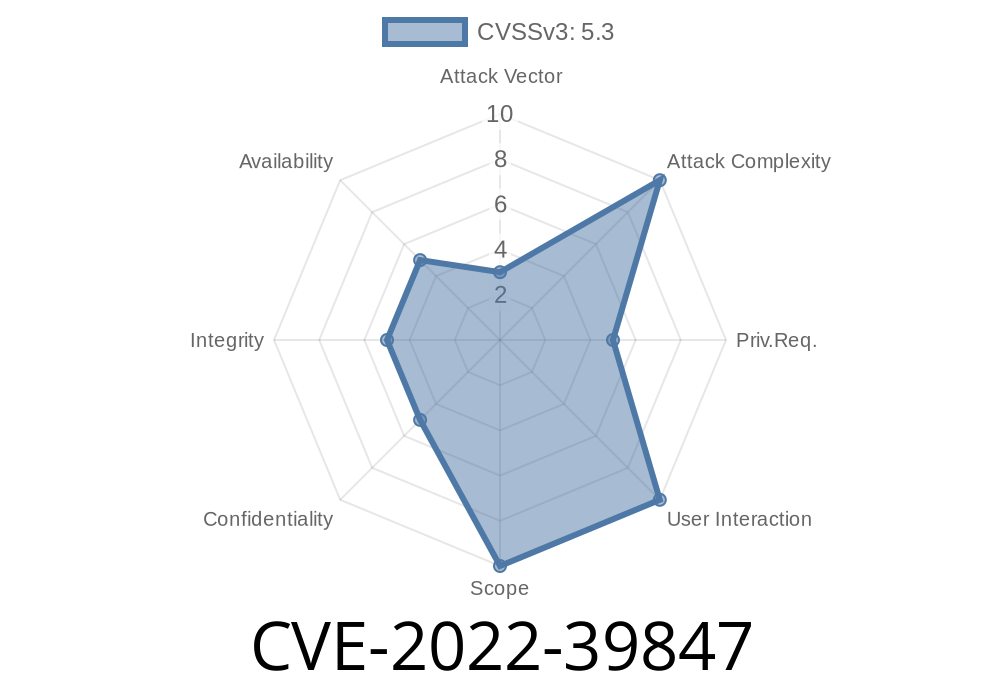CVE-2018-4307 was assigned by Red Hat. It allows local attackers to cause denial-of-service (device crash). Exploiting this vulnerability on a remote device requires user interaction.
CVE-2018-4308 was assigned by Red Hat. It allows local attackers to cause denial-of-service (device crash). Exploiting this vulnerability on a remote device requires user interaction.
CVE-2018-4309 was assigned by Red Hat. It allows local attackers to cause denial-of-service (device crash). Exploiting this vulnerability on a remote device requires user interaction.
CVE-2018-4310 was assigned by Red Hat. It allows local attackers to cause denial-of-service (device crash). Exploiting this vulnerability on a remote device requires user interaction.
CVE-2018-4311 was assigned by Red Hat. It allows local attackers to cause denial-of-service (device crash). Exploiting this vulnerability on a remote device requires user interaction.
CVE-2018-4312 was assigned by Red Hat. It allows local attackers to cause denial-of-service (device crash). Exploiting this vulnerability on a remote device requires user interaction.
CVE-2018-4313 was assigned by Red Hat. It allows local attackers to cause denial-of-service (device crash). Exploiting this vulnerability on a remote device requires user interaction.
CVE-2018-4314
CVE-2018-4315
CVE-2018-4315 was assigned by Red Hat. It allows local attackers to cause denial-of-service (device crash). Exploiting this vulnerability on a remote device requires user interaction.
The following is a list of some of the most common mistakes small businesses make when outsourcing their SEO:
1) Not understanding why or how to use keywords effectively.
2) Not considering the entire user experience.
3) Not understanding how search engines like Google refine their ranking process.
4) Misjudging industry professionals and looking for cheaper options.
5) Failing to set effective goals for digital marketing campaigns.
Summary end summary
How to Outsource SEO Correctly & Avoid the 5 Most Common Mistakes
Multiple Vulnerabilities in Qualcomm Components
Multiple vulnerabilities were discovered in Qualcomm components.
A remote attacker could exploit these vulnerabilities to execute arbitrary commands with root privileges on the device.
CVE-2018-4331 was assigned by Red Hat. It allows local attackers to cause denial-of-service (device crash). Exploiting this vulnerability on a remote device requires user interaction.
CVE-2018-4332 was assigned by Red Hat. It allows local attackers to cause denial-of-service (device crash). Exploiting this vulnerability on a remote device requires user interaction.
CVE-2018-4333 was assigned by Red Hat. It allows local attackers to cause denial-of-service (device crash). Exploiting this vulnerability on a remote device requires user interaction.
CVE-2018-4334 was assigned by Red Hat. It allows local attackers to cause denial-of-service (device crash). Exploiting this vulnerability on a remote device requires user interaction.
Timeline
Published on: 10/07/2022 15:15:00 UTC
Last modified on: 10/11/2022 19:13:00 UTC
